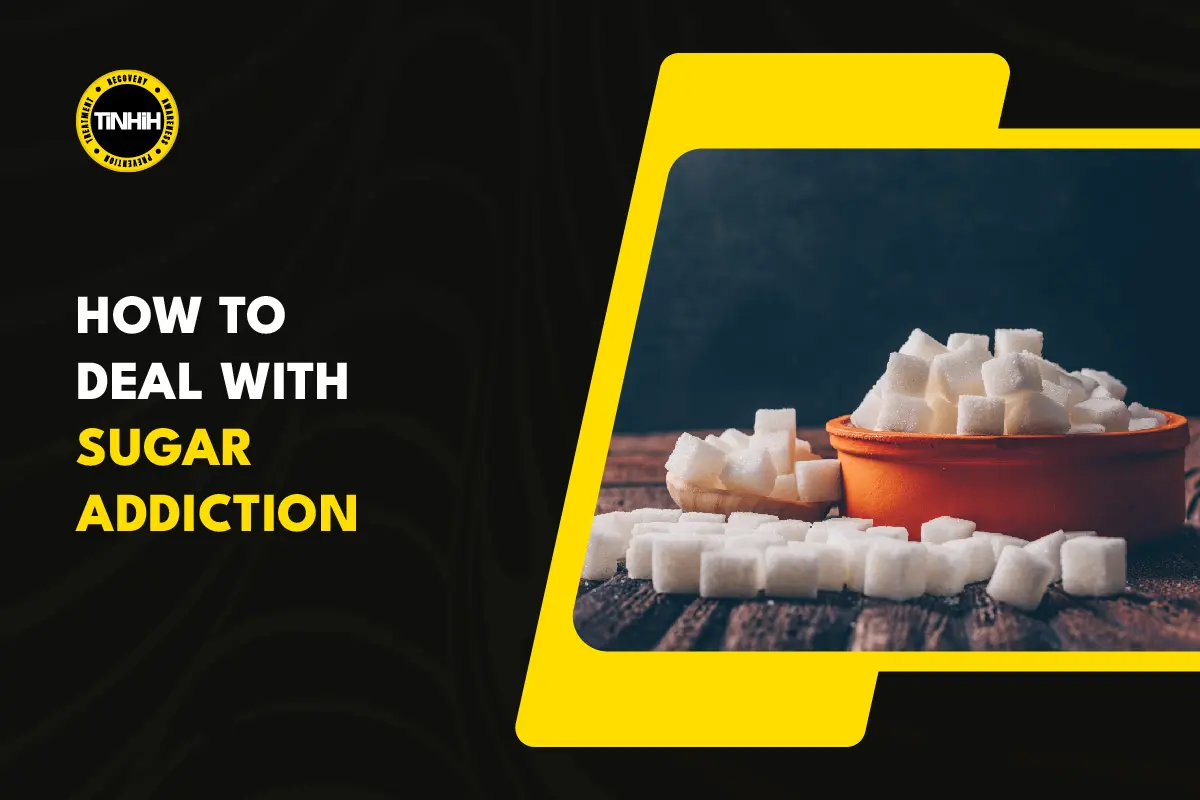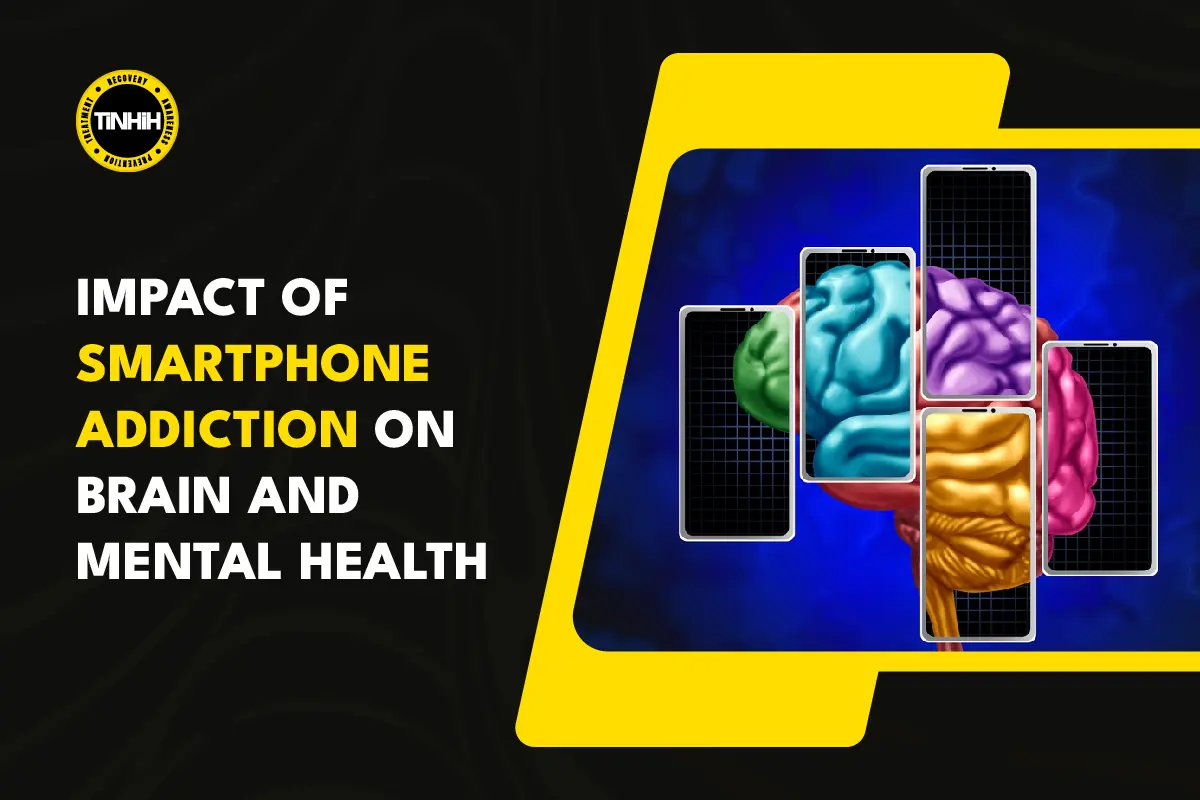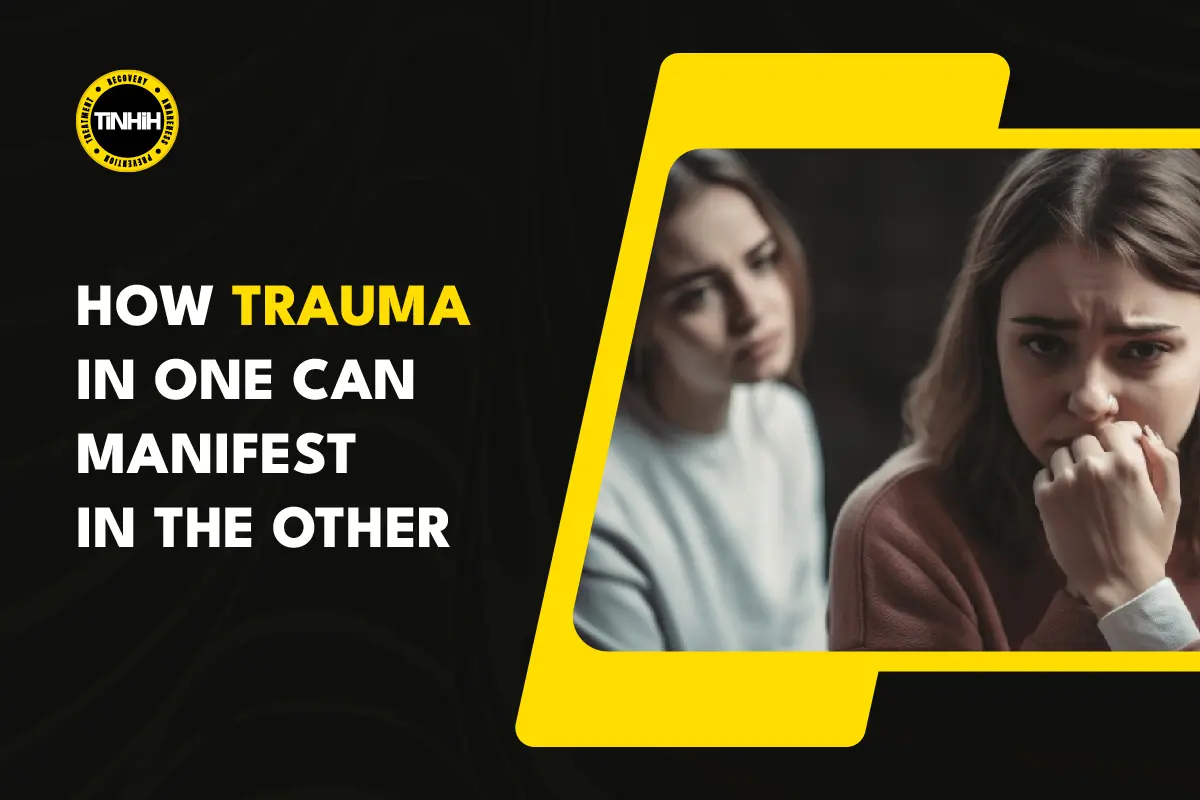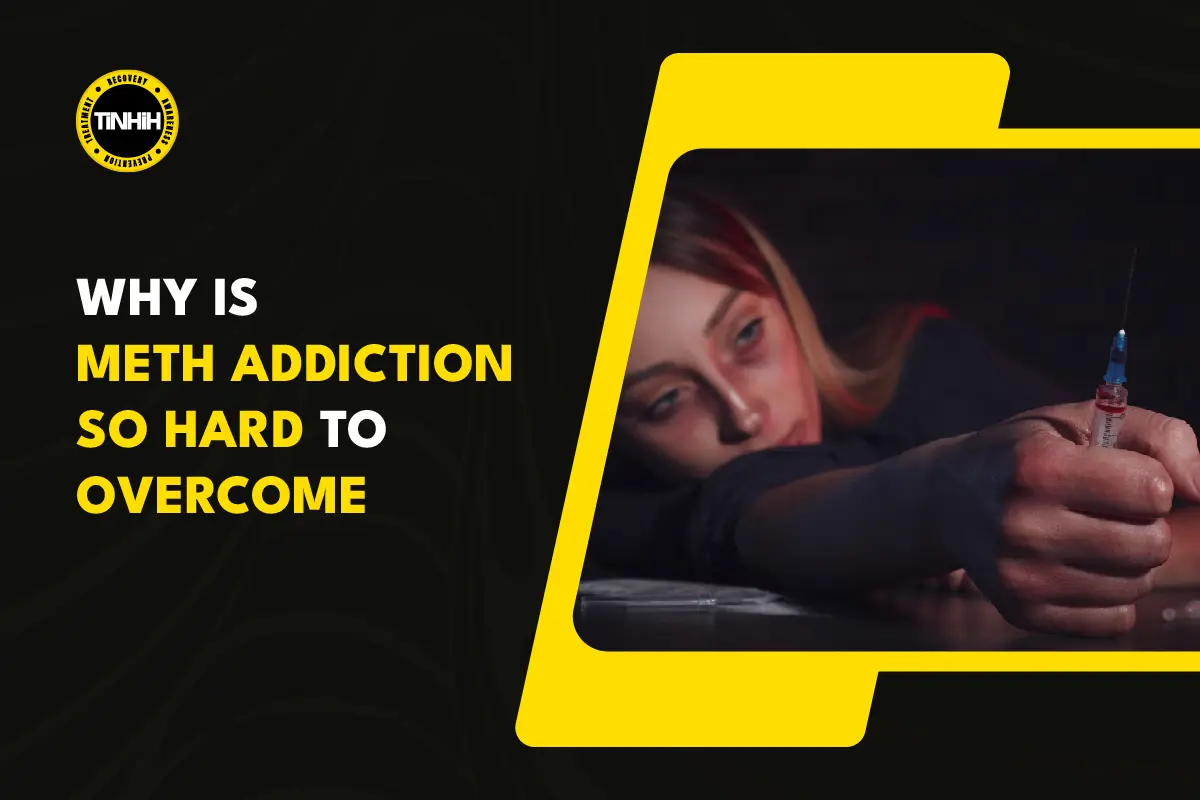
There is No Wall
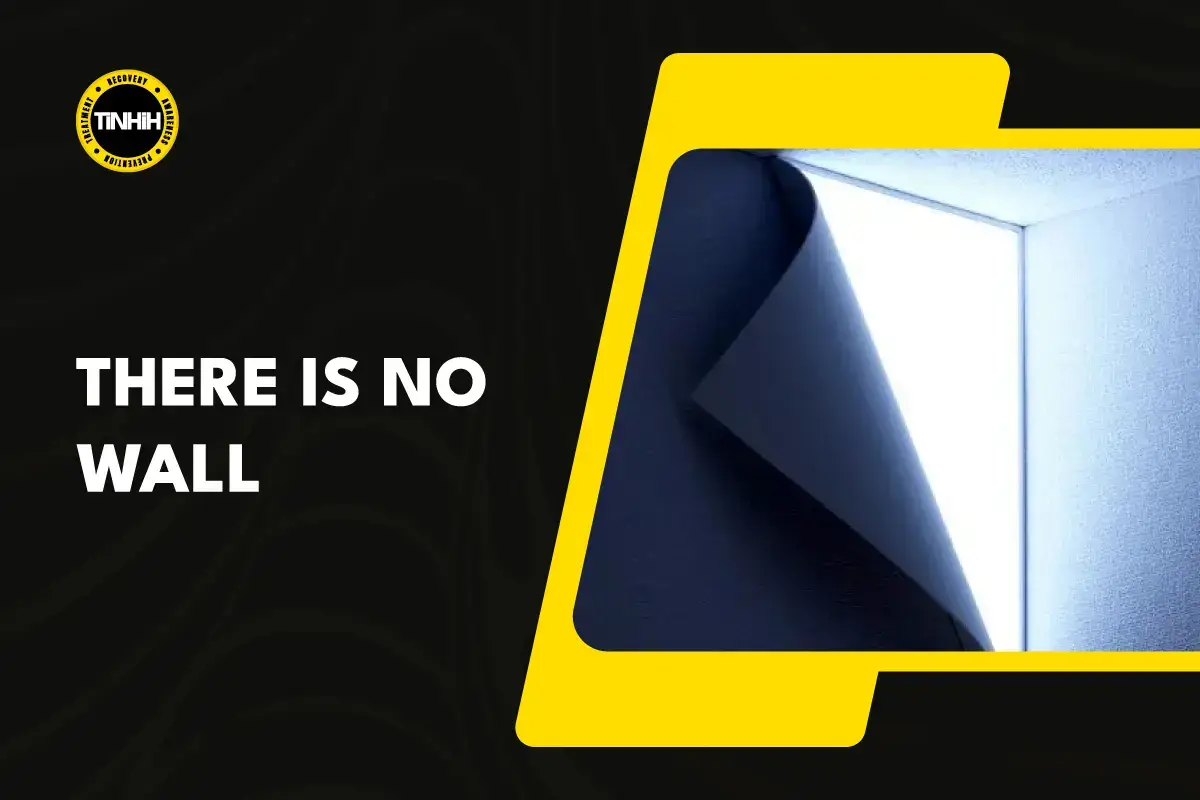
You’ve probably done it.
I’ve done it.
The majority of human beings who have their basic needs met have done it.
We see someone homeless and suffering and we build a wall. And by wall, I mean, a clear distinction between “us” and “them.” A wall of “good choices” and “bad choices” that separates the safe and comfortable from the suffering.
You might not even realize you do it. But if you live comfortably, if you have your basic needs met, if you can provide for your family, a part of you needs to do it. In order to keep your own sanity you need to believe on a daily basis that there is something keeping you from losing the security that you’ve acquired. You have to rationalize that those who do not have their basic needs met, as you do, have done something to deserve that life. Otherwise… you are faced with the reality that you are potentially only one uncontrollable event away from suffering.
So we tell ourselves there’s logical explanations. We build a wall of rationalizations to ease the cognitive dissonance and help the world we live in make sense. We tell ourselves that the people who are addicted to drugs made bad choices. We tell ourselves that those who do not have money are lazy and simply refuse to work. We add judgmental explanations onto this metaphorical wall between “us” and “them” and that wall keeps us sane. That wall tells us that we will be safe as long as we continue to be “good.”
But this wall comes with a dangerous price tag. This false wall of safety leads into a path of judgment of other human beings, and wraps us in a fake blanket of self righteousness that then keeps us from protecting and helping our fellow man. Moreover, this wall isn’t even real.
There is No Wall.
Life is not that black and white, and good choices and bad choices are not clear lines.
We have a chunk of the narrative: “The person is addicted to drugs, they took the drugs, they then lost control of their brain.” But we are missing the other chapters where the person who is addicted to drugs was prescribed opioids by a licensed doctor for a very real injury. We miss the pages where the person struggled to get help from rehabs, only to have their bank accounts drained by insurance companies and copays.
We have a chunk of the narrative: “The person was driving drunk, they injured an innocent person.” But we are missing the other chapters where that person was in recovery for four years prior to that incident. That that person drank again because they found out a parent had died, and that that person was a highly loved member of society, had a job as a nurse, volunteered at their church, and helped many people before they relapsed.
My reason for writing this piece is not to make people live in fear. To admit that there is no wall, that anyone could suffer from addiction, lose their job, get a disease, face difficult suffering, is a scary reality. However, if we are brave enough to face that reality, we can start to reach out our hands to those that are hurting, because we begin to accept that they are not in a different world than us. We can reach them, if we are no longer afraid. We can recognize that there is no wall stopping us and that that wall is instead a figment of our imagination that we create from our desire for safety.
We can reach out.
And we can begin building a society that is not divided by false, fear-driven walls and instead is united by camaraderie and humility.
There is No Wall between “us” and “them,” there is only humanity, and an ability to be strong and brave if that is the path we choose to walk.
“If only it were all so simple! If only there were evil people somewhere insidiously committing evil deeds, and it were necessary only to separate them from the rest of us and destroy them. But the line dividing good and evil cuts through the heart of every human being. And who is willing to destroy a piece of his own heart?”
-Aleksandr Solzhenitsyn
